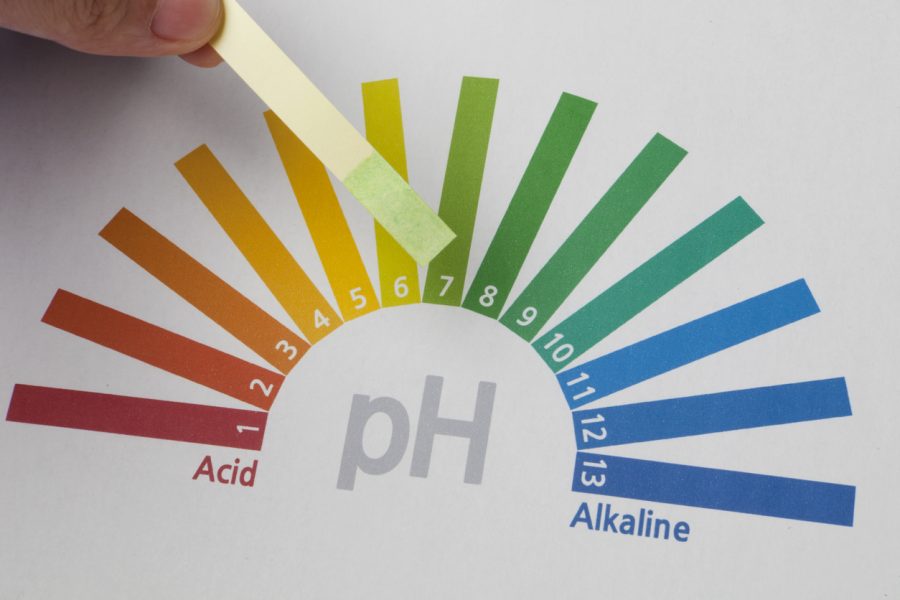
CBSE curates list of 75 experiments for Class 9,10 students to conduct at home

If the first year of the COVID-19 pandemic moved physical classes to the online platform, now the Central Board of Secondary Education (CBSE) plans to bring the science laboratory home – in other words, allow students of Class 9 and 10 to take up science experiments at home.
In a circular issued on October 29 to affiliated schools, the CBSE listed 75 “safe” science experiments that students can perform at home. The list of experiments, curated by academics in the board, was made to ensure that students don’t have to lose out on science practical classes due to the closure of schools during the pandemic.
“The CBSE has curated a set of alternate experiments using simple, readily available household materials that learners can use to do these activities at their homes. The hands-on activities have been designed to have similar learning outcomes for all the lab experiments required to be done in 2021-22 for Class 9 and 10,” the circular said.
Also read: India’s school system under stress; 11.6 lakh teachers needed
The CBSE has said that all the enlisted experiments are safe and can be conducted with materials available at homes. It however, gave the rider that teachers should first conduct these experiments themselves before asking the students to conduct them.
“While the activities and materials have been chosen to be safe for learners to do on their own, teachers are required to review these before assigning them and advise parents if supervision is required for any specific activity. CBSE would be providing an online training on the usage of these activities, details of which will be intimated separately,” the CBSE said.
The board said dedicated, step-by-step videos on each experiment would be uploaded on its site to guide students.
Some of the experiments include evaporation, filtration, studying plant cells and finding the pH value of an acid and base substances by using pH paper/universal indicator. Students have been asked to use raw materials like turmeric power, baking soda and lemon, all readily available at home, in the experiments.
Also read: What experts say: Why NEET is a violation of Article 14 of Constitution
While many teachers and parents have welcomed the step, calling it a medium of “self-learning” for students, many have urged the board to introduce similar provisions for students of Class 11 and 12, who too have been missing out on their science practical classes due to the pandemic.

